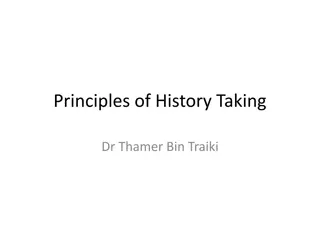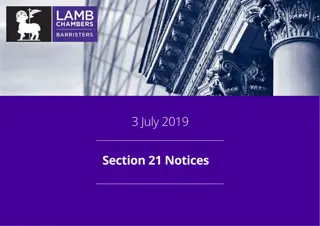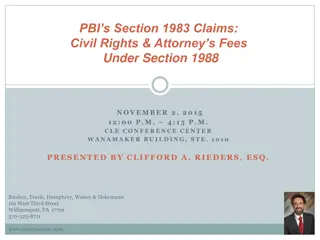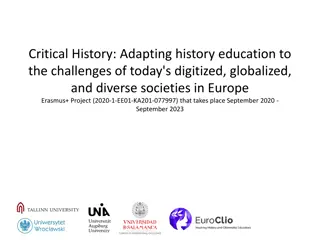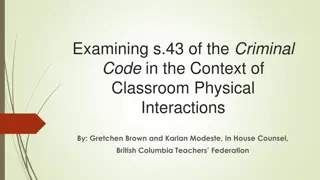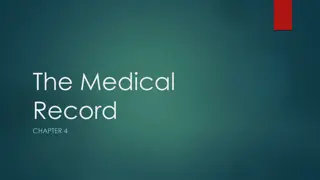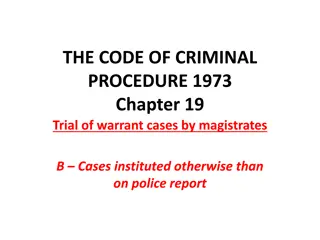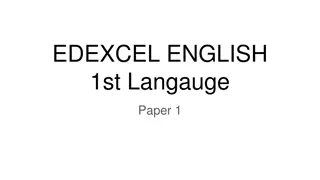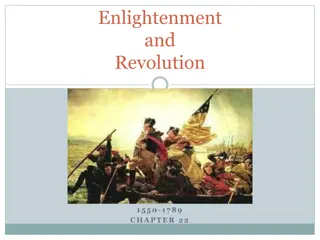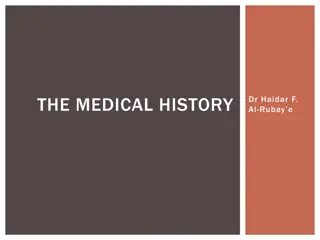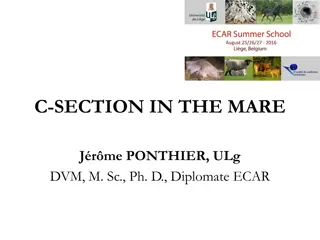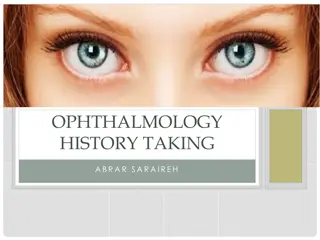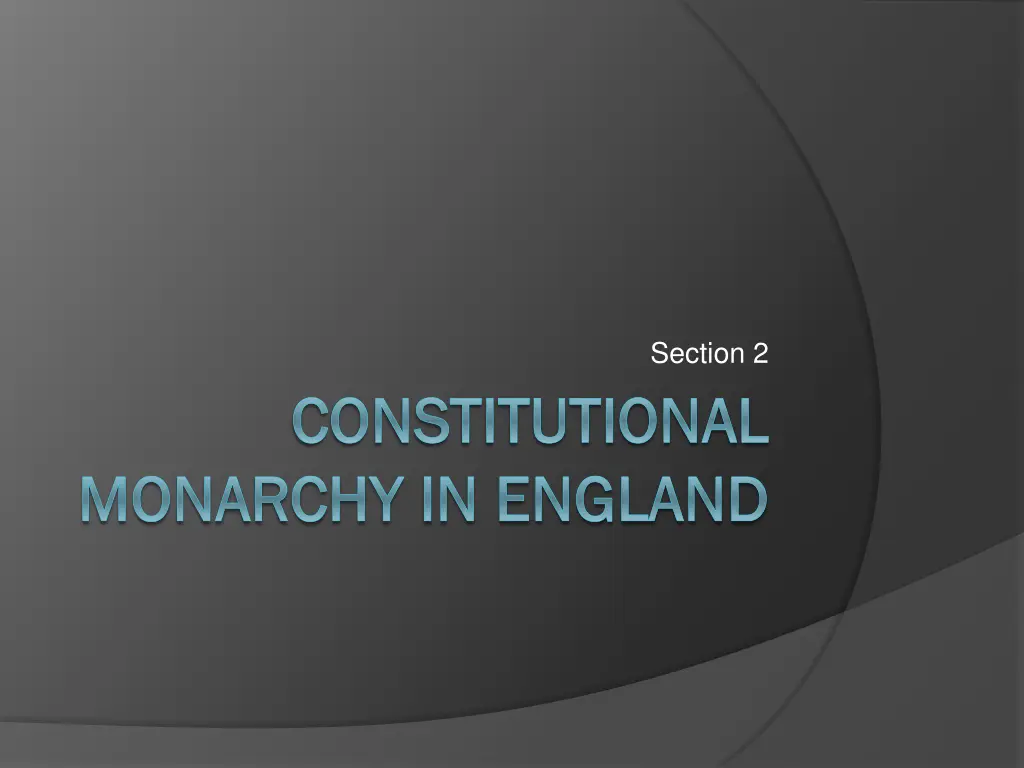
Constitutional Monarchy in England: From Charles II to the Glorious Revolution
Explore the historical journey of England's constitutional monarchy from Charles II to the Glorious Revolution. Discover the reign of Charles II, the development of political parties, the Glorious Revolution, and changes in English government, including the influence of thinkers like Thomas Hobbes and John Locke. Learn about key events like the Restoration, conflicts with the Dutch, political tensions, and the implementation of crucial laws like Habeas Corpus and the English Bill of Rights.
Download Presentation

Please find below an Image/Link to download the presentation.
The content on the website is provided AS IS for your information and personal use only. It may not be sold, licensed, or shared on other websites without obtaining consent from the author. If you encounter any issues during the download, it is possible that the publisher has removed the file from their server.
You are allowed to download the files provided on this website for personal or commercial use, subject to the condition that they are used lawfully. All files are the property of their respective owners.
The content on the website is provided AS IS for your information and personal use only. It may not be sold, licensed, or shared on other websites without obtaining consent from the author.
E N D
Presentation Transcript
Section 2 CONSTITUTIONAL CONSTITUTIONAL MONARCHY IN ENGLAND MONARCHY IN ENGLAND
Charles II Restoration: English monarchy was restored Nicknamed Merry Monarch : made entertainment and arts more available to people of England. Learned a lot from fathers execution and exile Avoided fights with Parliament when policies Used secrecy and roundabout methods to gain ends. Conflicts with Dutch: Took away New Amsterdam (NY) Tried to form alliance between England and France Protest within England and Parliament Charles II forced him to end his efforts. England and France began 150 years of rivalry to win control of seas. Sought to increase toleration of Catholicism Parliamentary opposition that he was forced to abandon effort.
Charles II (had no children). James (brother and Roman Catholic) would succeed him. Political Parties Develop 1. Tories: meant outlaw in Northern Ireland. Believed James had right to rule. Supported Anglican church. As hereditary monarchy, they would be willing to accept a Roman Catholic king. 2. Whigs: meant horse thief. A group that was rebellious. Claimed right to deny throne to James. Wanted strong Parliament and opposed having a Catholic ruler.
Glorious Revolution Charles II dies in 1685 and James II takes throne Humorless and less flexible Attempts to help Catholics frightened Protestants and spurred to resist his rule. Story of the Revolution: 1. James II had two daughters, Mary and Anne 2. Wife died, remarried, had son who would replace his father as king (Son was Catholic though, Protestants feared this). 3. Both parties of Parliament asked James II to step down. 4. Parliament invite James II daughter, Mary and Dutch husband, William of Orange, to replace James on throne. 5. James fled to exile and the rulers of England were now William III and Mary II. 6. Glorious Revolution: bloodless transfer of power in English monarchy.
Changes in English Government Thomas Hobbes: Political philosophy in book, Leviathan. People chose ruler to rule them. They give the leader an unwritten contract to give absolute power. Only strong would survive unless order was imposed by greatest power of ruler. John Locke: Only gave up some rights. Wrote in Two Treatsies of Government. Never could give up right to live, to enjoy liberty, and to own property. Ruler who invaded these rights broke social contract. These rights were superior to laws and governments.
Habeas Corpus: you shall have the body Protected individuals against unfair arrest and imprisonment. Brought before a judge and judge would decide if guilty or innocent. English Bill of Rights: Parliament would choose who would rule the country. Parliamentary laws would be followed and ruler could not proclaim or suspend any of these laws. Could not impose taxes or start army during peacetime without consent of Parliament. Free speech for members of Parliament. Toleration Act: granted some religious freedoms to Protestants who were not members of the Anglican Church. Did not protect Catholics or Jews Act of Settlement: William III died with no heir, sister Anne would inherit throne (Stop any Catholics from taking throne).
Two important government institutions develop: The Cabinet and the Office of the Prime Minister. William III chose his officers of state which were head of government departments, or the Cabinet. After William III, Parliament gained more power being able to declare war.
Homework: Write an outline on 1. Act of Union 2. Constitutional Monarchy


